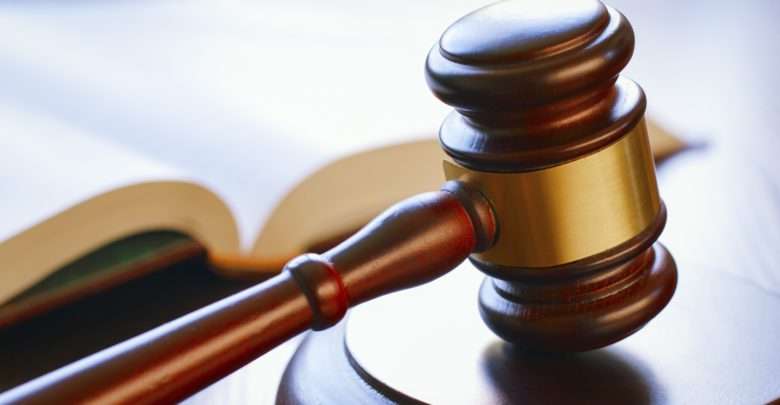Chief Justice orders judges to surrender judgements to him for approval before handing them down in court

The Chief Justice Luke Malaba recently issued an order compelling all high court and labour court judges to first subject their judgements to him or the judge president before handing them down. The rather startling move was said to be a means to stop some judgements from being withdrawn after having been handed down. The Chief Justice justified the new directive and said it would start being operational forthwith.
Below are the terms as set out in the circular that was sent to all high court and labour court judges. The chief justice said following concerns raised about the manner in which judgements are handed down the following had to be adhered to
i. No judgement should be handed down when it is not yet ready to be distributed
ii. Once a judgement is handed down it shall not be withdrawn for any reason. Handing down a judgement is evidence that the judgement is ready for access by the parties and members of public
iii. All judgements handed down must be immediately accessible to the registrars, litigants and the public
iv. Before a judgement or order of the High court or Labour court is issued or handed down, it should be seen and approved by the head of court or division
v. The practice of issuing orders with the undertaking that reasons will follow is to be desisted from forthwith. Only the Constitutional court and the Supreme court can issue such orders as they are courts with final jurisdiction. The only exception is when a Judge will be dealing with a point in limine. Such an order will be appropriate as it enables the court to expeditiously finalise the main matter.
vi. For the avoidance of doubt, it is proper for a Judge when dealing with a point in limine to give an order and advise that the reasons will be stated in the main judgement.
vii. Where a Huge decides to issue an order in an ex tempore judgement, he or she must ensure that the reasons given are comprehensive on the understanding that they will be accessible to the parties, the Registrar and the members of the public.




